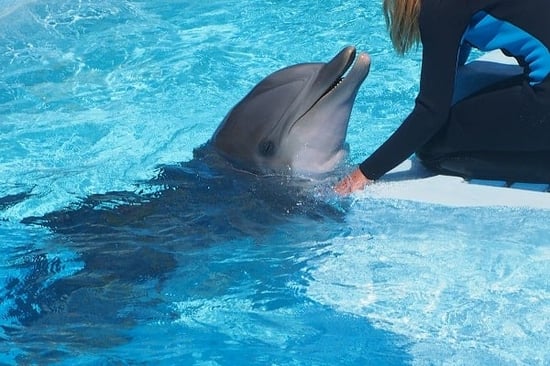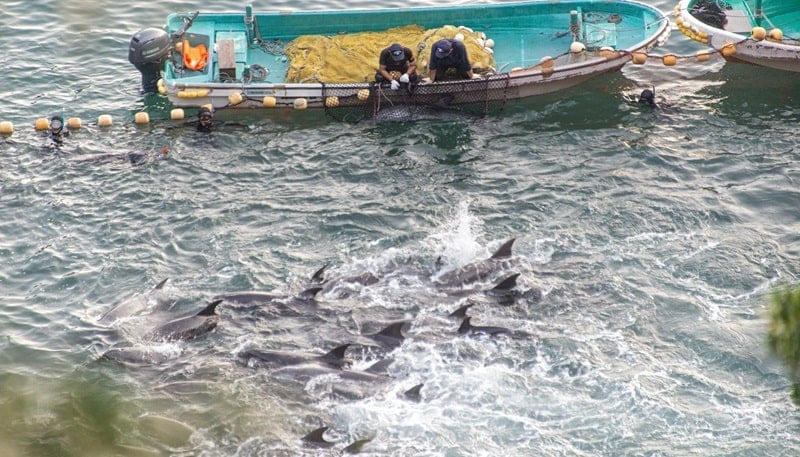
How Tourism profits from cruel Taiji Dolphin Hunts in Japan
News
If you’re thinking of swimming with dolphins or watching a dolphin show, our report about the annual Taiji Dolphin Hunts in Japan is a must read. Learn about the tourism industry’s role in perpetuating dolphins hunts for the global dolphin captivity industry.
Image credit: Robert Gilhooly
Every year from September through to March, hunters in a coastal village in Taiji, Japan, hunt down pods of wild dolphins and small whales and drive them into ‘the Cove’ where they are either slaughtered for their meat or captured for a life of captivity at dolphin entertainment venues.
Our latest report ‘Waves of Profit: How the Tourism Industry Profits from the Taiji Dolphin Hunts’ investigates the connection between the annual Taiji dolphin hunts and the tourism industry. It shines a light on how global travel companies selling tickets to venues linked to this inhumane hunt are fuelling this cruelty.

Based on the disastrous animal welfare impacts, and absolute brutality involved in these hunts, it is completely indefensible for global travel companies to continue sending unsuspecting travellers to venues who have sourced dolphins from Taiji. This is corporate irresponsibility at its worst.
Captive dolphin entertainment serves as the primary profit driver for the Taiji hunts, with trained dolphins selling for up to US$150,000 to overseas dolphin entertainment venues.
As long as travel companies continue to sell tickets to dolphin entertainment venues, they are directly contributing to the suffering of these intelligent marine mammals.
Dark links between the Taiji Dolphin Hunt and Tourism
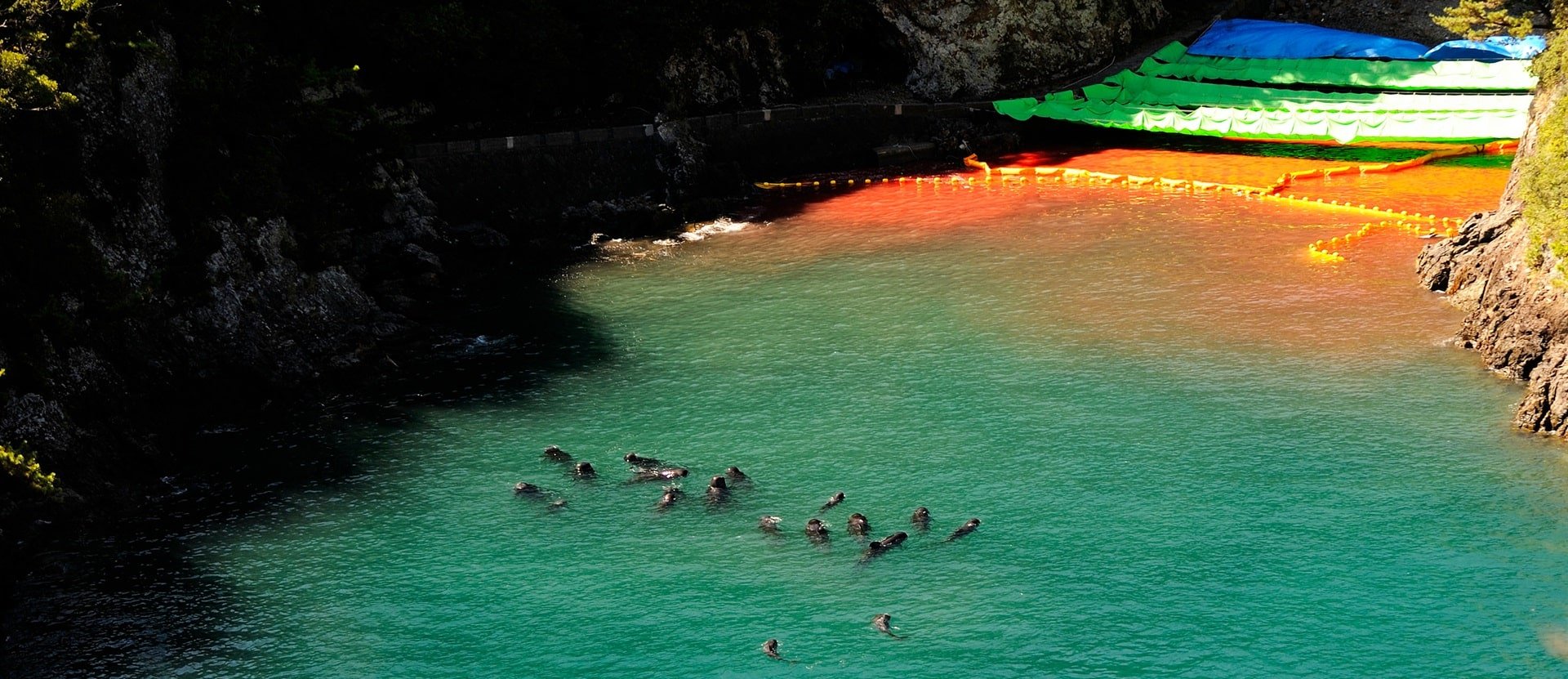
Although the tourism industry seems to be largely unconnected to these hunts within the public domain, our report exposes how they profit off the horrific cruelty as travel companies continue to sell tickets to venues with links to sourcing dolphins who were captured from Taiji. Our report found the following:
- 6 out of 17 global travel companies reviewed including Trip.com, Groupon, Traveloka, Get Your Guide, TUI and Klook are currently promoting and selling 50 offerings to venues linked to the Taiji dolphin hunts. On being notified, only Klook has taken action to actively review and remove some of these offerings.
- 107 entertainment facilities across 17 countries have purchased dolphins originating from these cruel hunts.
- There is a practice of trading dolphins between marine parks and using them for captive breeding, obscuring the direct link to these hunts.
- Dolphin meat generates around US$500-$600 per animal, while a fully trained dolphin can fetch up to a whopping US$150,000 when sold to an international dolphin entertainment venue.
- The global travel industry is a major contributor to these hunts by promoting and selling captive dolphin entertainment as harmless family fun to unsuspecting visitors, and helping these venues maintain their social licence.
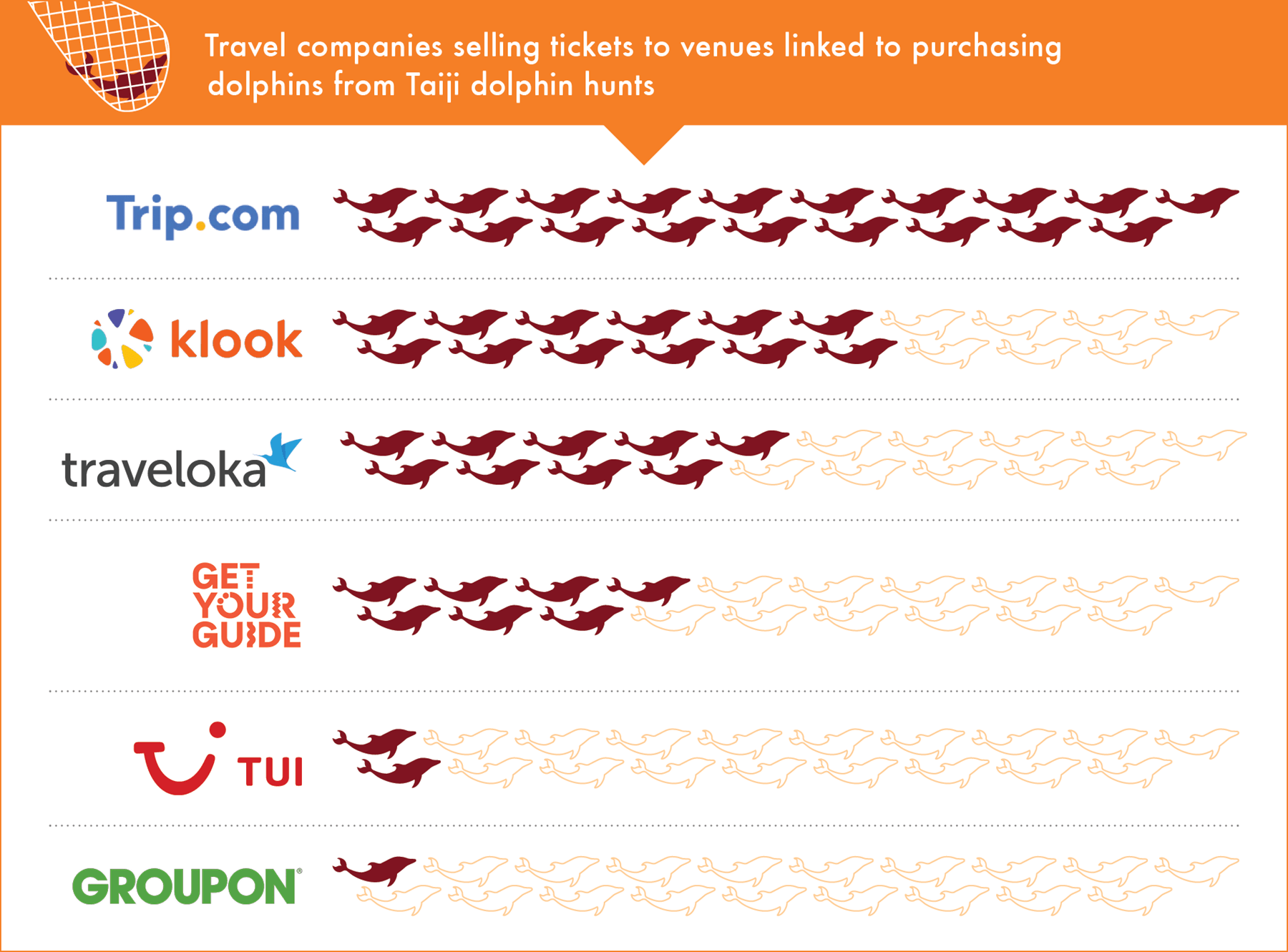
You can help end dolphin suffering
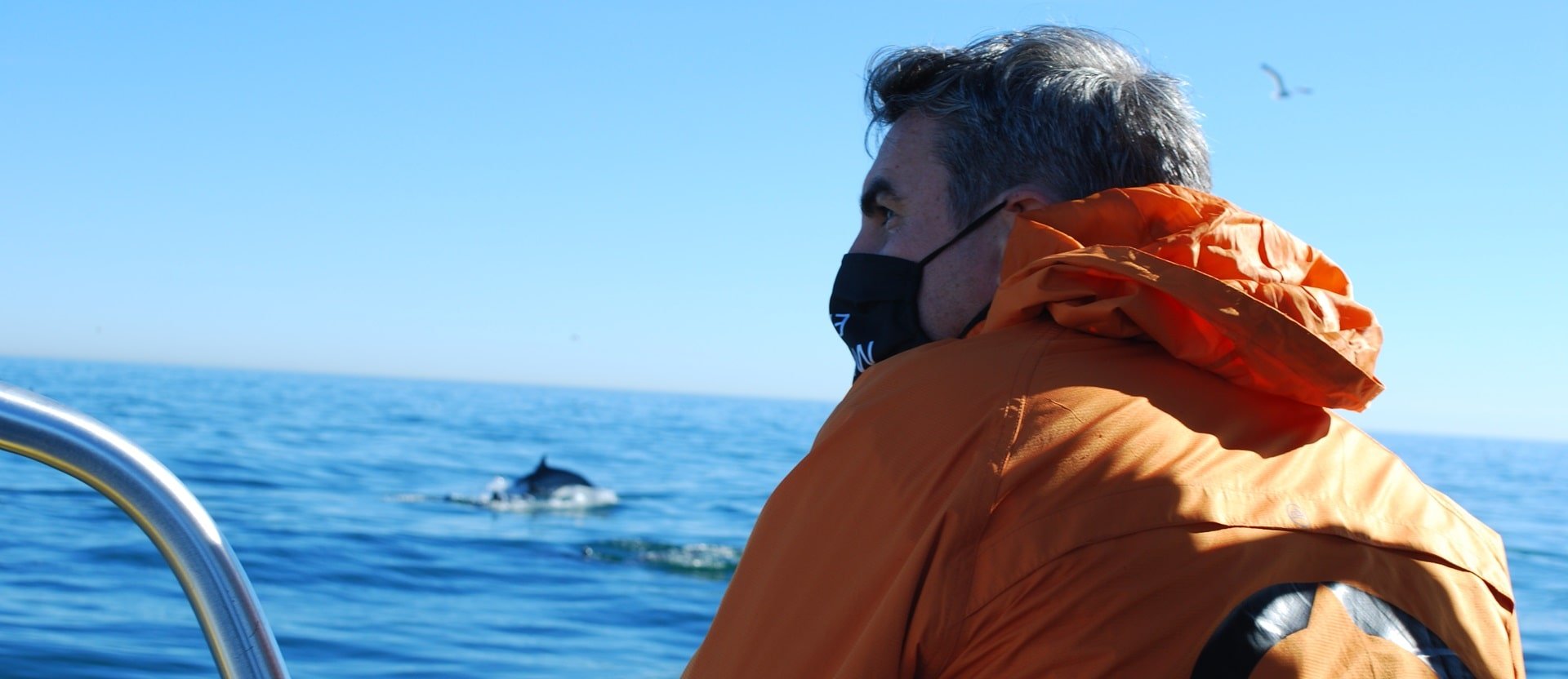
The dolphin entertainment industry is based on supply and demand. As a tourist, you can help reduce consumer demand of dolphin entertainment venues by only supporting travel companies that have a wildlife policy that doesn’t promote or sell captive dolphin cruelty.
Knowing that your travel company has a wildlife policy that protects animals like dolphins is vital to ending their suffering in captivity for entertainment.
It is also important that travel companies immediately stop offering activities involving dolphins and create robust animal welfare policies that extend to dolphin entertainment.
By doing this, we can all play our part to protect dolphins in their natural ocean home in the wild, where they belong.
Together, we can put an end to the needless suffering of dolphins in the name of tourism.
Help end dolphin hunting
Dolphins in Taiji are violently captured and sold into a lifetime of captivity for profit. Will you help protect them?
Waves of profit
Read our 'Waves of Profit' report and learn how the tourism industry profits from the Taiji dolphin killings.
Donate to protect dolphins
Dolphins are intelligent and sociable wild animals. They belong in the ocean, not bred in captivity for entertainment.


